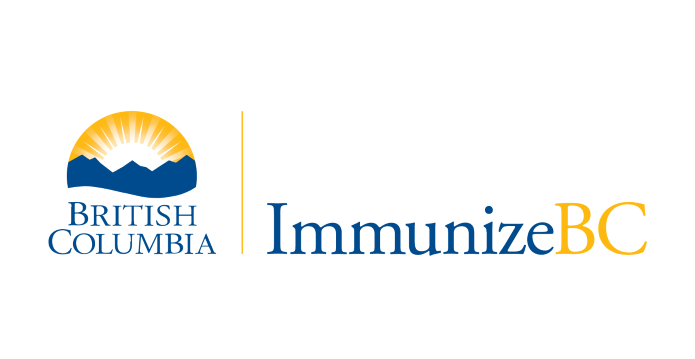so much for "SCIENCE"
- The Lancet and Nature have both promoted the natural origin theory for SARS-CoV-2, and protected the theory by refusing to publish counter arguments and/or publishing scientific statements by individuals with serious conflicts of interest
- The Lancet’s COVID-19 Commission included Peter Daszak, Ph.D., president of EcoHealth Alliance, a nonprofit organization that collaborated with various universities and organizations on research in China, including the Wuhan Institute of Virology (WIV). He was recently taken off the Commission due to controversy over his large number of conflicts of interest
- The Lancet’s COVID-19 Commission also includes Danielle Anderson, an Australian WIV virologist who left Wuhan shortly before the pandemic broke out. Anderson says she “does not believe” the virus is manmade. Anderson’s Commission biography does not mention that she worked at the WIV
- In January 2021, 14 global experts submitted a letter to The Lancet in which they argued that “the natural origin is not supported by conclusive arguments and that a lab origin cannot be formally discarded.” The submission was rejected with the justification that the topic was “not a priority” for the journal
- Richard Horton, the editor-in-chief of The Lancet is now being criticized for his long defense and support of the Chinese regime, and is accused of using The Lancet to pursue political causes and stifle scientific debate
More than a year ago, in February 2020, a group of 27 scientists wrote a letter published in The Lancet condemning “conspiracy theories suggesting that COVID-19 does not have a natural origin.”
1
Although The Lancet — like other medical journals — requires contributors to disclose financial or personal interests that might be viewed as possible conflicts of interests with their submissions, the 27 authors declared they had “no competing interests.”
June 21, 2021, The Lancet published an addendum admitting that “some readers have questioned the validity of this disclosure, particularly as it relates to one of the authors, Peter Daszak.”
2
As a result, The Lancet asked the 27 signers to “re-evaluate” their competing interests and to declare any “financial and nonfinancial relationships that may be relevant to interpreting the content of their manuscript.” So far, Daszak has updated his previous claim of having no competing interests to include a 416-word disclosure statement clarifying that, indeed, he had several conflicts of interest.
First, he is the president of EcoHealth Alliance, a nonprofit organization that receives funding from a “range of U.S. Government funding agencies and non-governmental sources.”



 basedunderground.com
basedunderground.com
